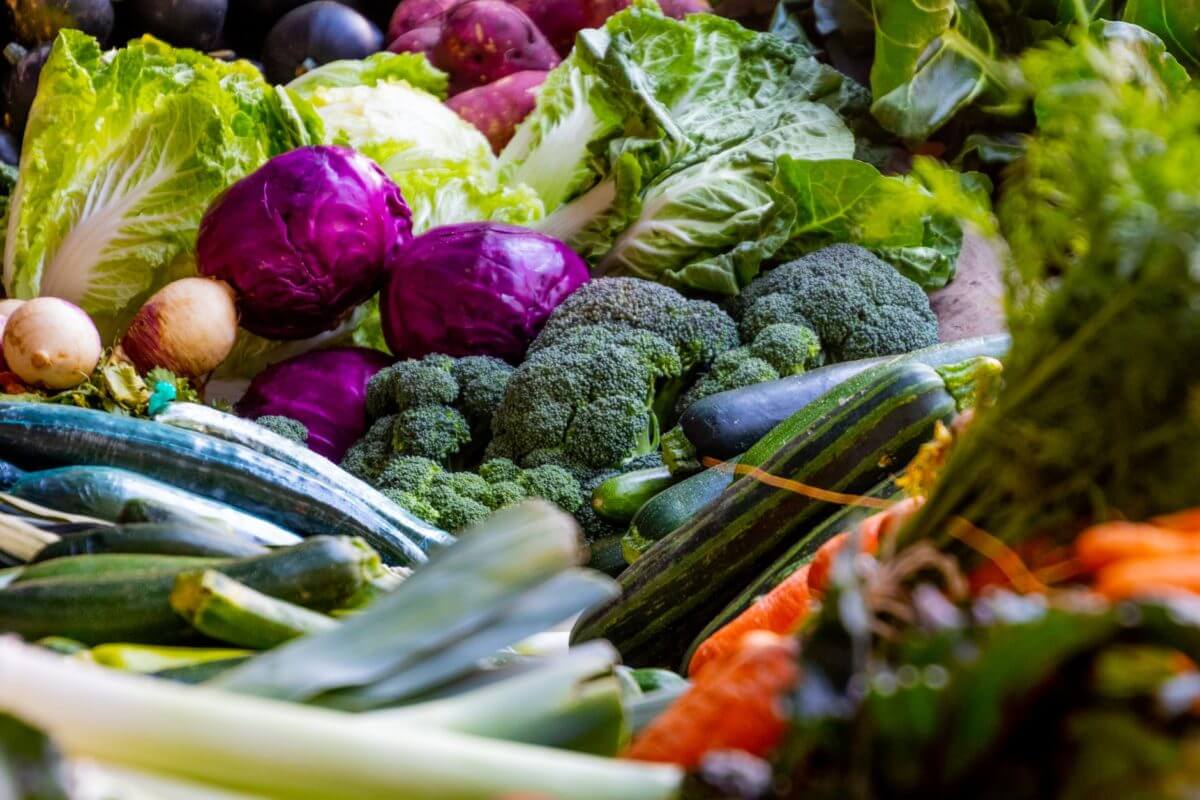The gut microbiome has received a lot of hype these past couple of years and rightfully so.
What is the gut microbiome?
The gut microbiome is the community of microorganisms, primarily live bacteria and yeast, which reside in the digestive tract of humans and other animals. These microorganisms cohabitate in a symbiotic relationship with us, which means, they help us while we help them.The majority of these microorganisms reside in our colon, but they are found throughout the gastrointestinal tract. There are actually more microorganisms in your gut microbiota than there are cells in your body! So these guys are pretty important to take care of, especially if they’re trying to help us out.
You have a unique gut microbiome and it is unmatched to anyone else’s.
How do you obtain your unique strains of bacteria?
- Through birth, c-section vs. vaginal births: research shows that infants born vaginally have a more diverse microbiome than those born through a c-section.
- Through long-term dietary habits
- Through short-term dietary habits
- Lifestyle habits, i.e. sleep, physical activity, stress management, etc.
- Supplementation
- Medications and other external influences
It’s important to keep our gut microbiome happy, thriving, and diverse. Why? Our microbiome affects our brain health through the gut-brain access (so much new and exciting research coming out on this concept), immune system and inflammation, skin health (hello acne and eczema!), allergies, metabolism, bowel movements, digestive ability and integrity (muy importante), appetite, and probably so much more research has yet to publish!
We can’t talk about the gut microbiome without addressing probiotics and prebiotics.
What’s the difference between probiotics and prebiotics?
Probiotics are a preparation of living microorganisms/bacteria. Most people are familiar with this term or take a daily probiotic for improved gut health. Prebiotics are non-digestible components of your food sources that promote growth of your beneficial gut flora.
Sources of probiotics:
Kombucha, miso, kimchi, sauerkraut, tempeh, natto, fermented pickles, yogurt, apple cider vinegar (raw, from the mother), kefir, fermented salsa, fermented beets and .
If these foods cause bloating or digestive issues, it could be a sign of dysbiosis or fungal overgrowth. For those with their gut in balance, eating 2-3 tbsp of probiotic-rich food 1-2 times per day can be very beneficial for gut health.
Sources of prebiotics:
Apples, green bananas, asparagus, jerusalem artichokes, leeks, onions, pears, garlic, and jicama.
iCoach favorites:
GT’s Gingerade Kombucha, fermented pickles, Maple Hill Creamery of Siggi’s plain greek yogurt, sauerkraut, honeycrisp apples, and onions.
What compromises our gut microbiome and makes our friendly bacteria hate us, i.e. gets us in gut dysbiosis?
- Alcohol
- Processed food
- Refined carbohydrates, excess sugar
- Lack of sleep
- Chronic Stress
- Antibiotics
- Low-fiber diet
- Low quality diet in general
- Frequent use of antacids, i.e. TUMS, proton-pump inhibitors…
Hippocrates, the Ancient Greek Physician, said it best 2,500 years ago: “All diseases begin in the gut”
So if performance, aesthetics, or longevity/quality of life is your goal, evaluate your gut health and treat your bacteria as good as they want to treat you.

